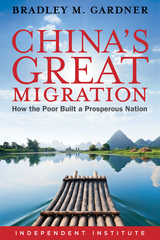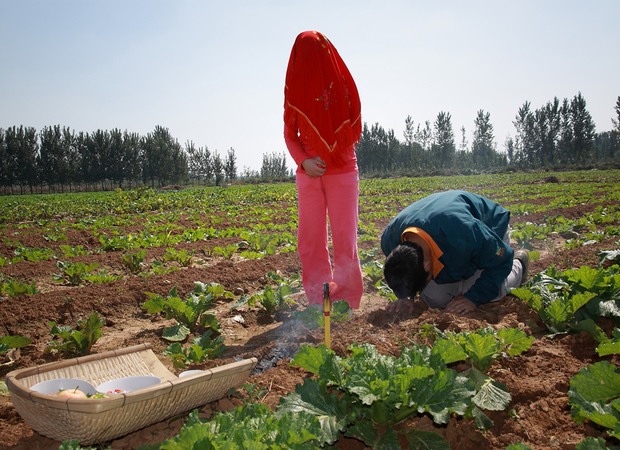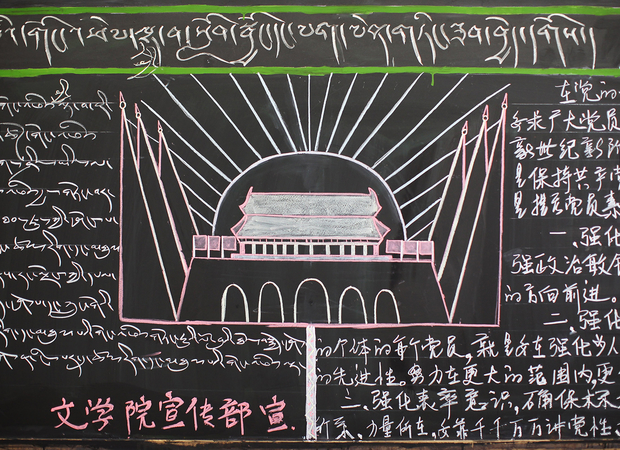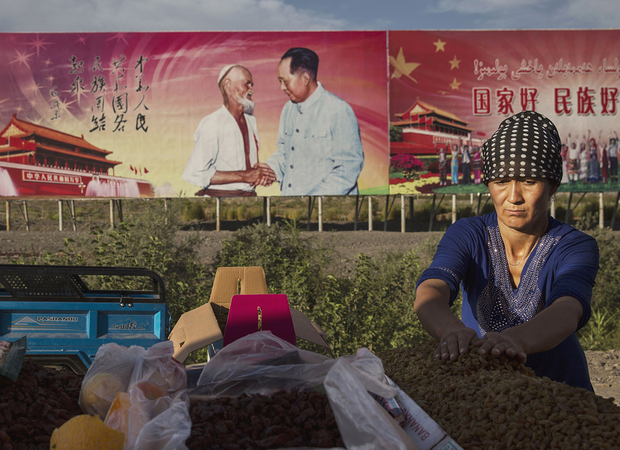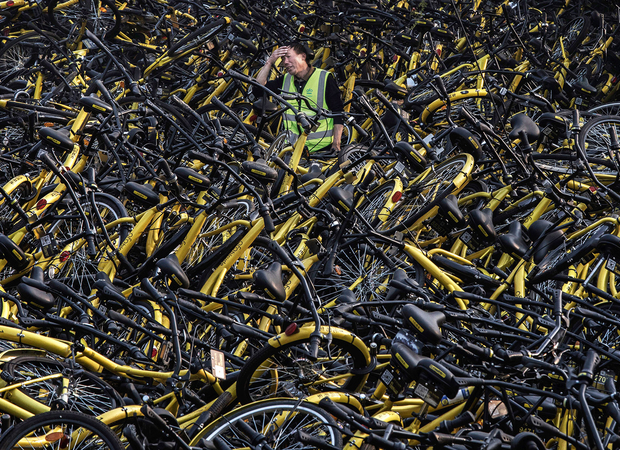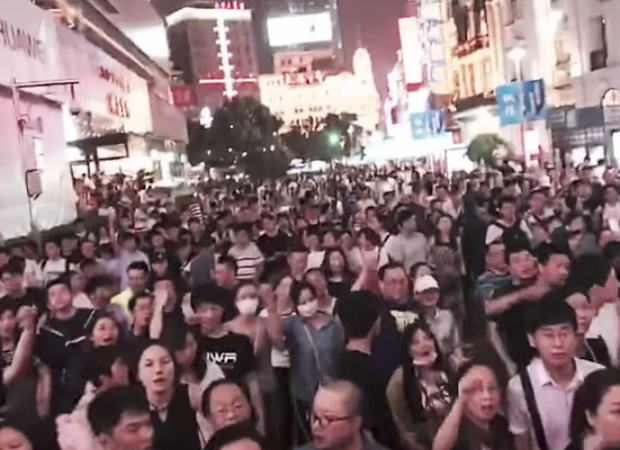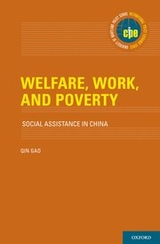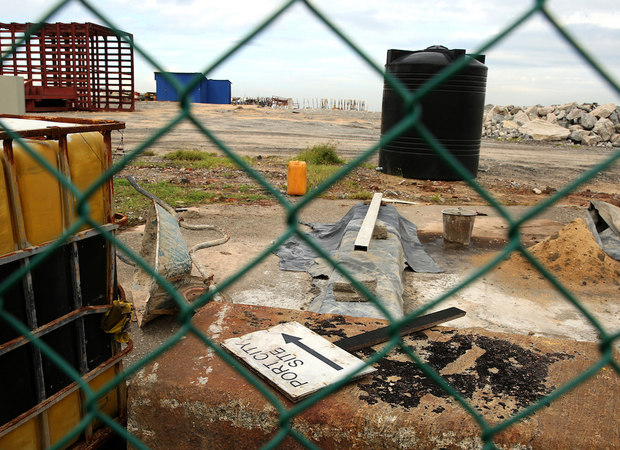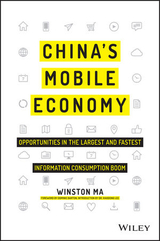Hockey Gets Warm and Confused Welcome by the Chinese
The matchup between the Los Angeles Kings and the Vancouver Canucks in Shanghai -- the second leg of the NHL's first preseason games in China -- witnessed a much stronger welcome from a city bracing for the 2022 Winter Olympics.




